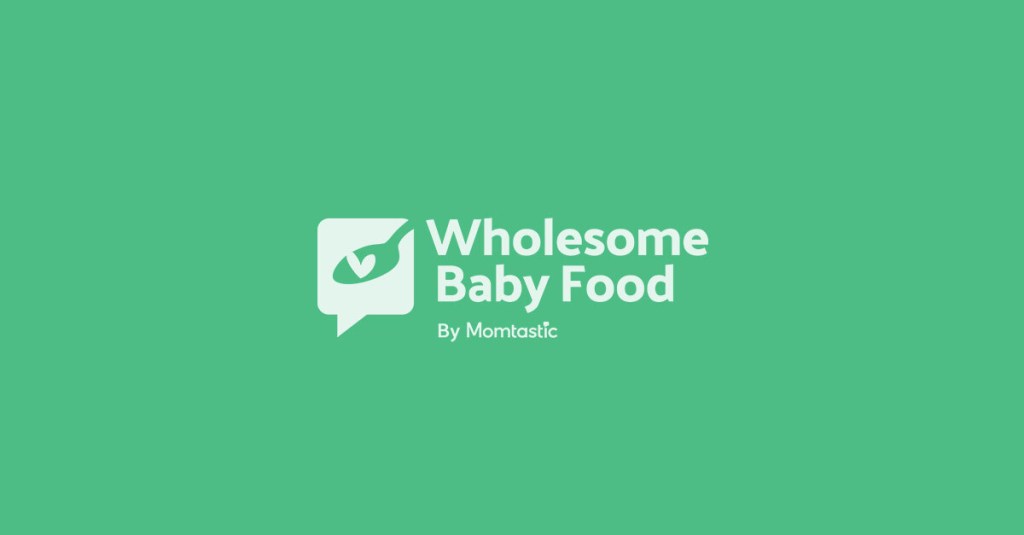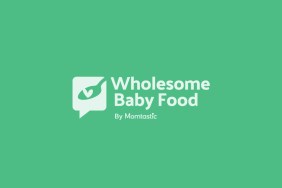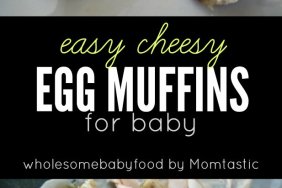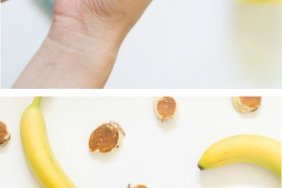Traveling with Homemade Baby Food is easier than you may think
Traveling with Homemade Baby Food is easier than you may think. At the same time, it does take some pre-planning and calculation. Depending on where you are going, how long you are staying and what types of “creature comforts” will be available, you may not have to rely on a single ounce of commercial baby food. Our tips below address camping, air travel, day trips and restaurant outings.
A good hint that will help ease traveling with baby – with or without homemade baby food, is to try to serve some meals at room temperature. Serving meals at room temperature will allow your baby to become accustomed to food that is not “hot”. You never have to worry about a meal being rejected because it is not heated.
“Homemade” Baby Food to Go – The Traveling Trio
Many parents feel that if they make homemade baby food, then they will be restricted to staying home because it would be difficult to travel with homemade food. We become so accustomed to cooking, pureeing and storing that we often think of toting along containers of cubes. I find that the many parents don’t even think of the easiest method of taking homemade baby food to go – the banana, the container and the fork. Think of it as the traveling trio!
If you are going on a day trip, or on a plane, the traveling trio is probably all that you will need for your little one. So grab your small food tote and toss in a banana, a fork and a container with a lid. When it comes time to feed baby, peel the banana, mash it in the container with a fork and VIOLA, fresh baby food to go! You could also take along an avocado or even a prebaked sweet potato to mash up for baby’s meal.
** Taking fresh food through an airport security check point might be a bit difficult however most shops within the departures terminal will have bananas for sale.
Travel with Frozen Baby Food Cubes – Storage and Packing
For those of you who are adventurous enough to go camping with your wee one, take along a mini-cooler packed full of the frozen food cubes you will need. This will require you to plot out how many cubes of each particular food you will feed to your baby during the given time frame you will be away from home.
If you have been using the freezer bag storage method – simply take out each freezer bag of food cubes and arrange in the cooler with ice packs. As the cubes are already frozen, they should be able to withstand a journey of 6 hours with minimal thawing. You can also take your cubes to a hotel as many hotels provide mini-refrigerators. The food cubes should keep for approximately 5 days if stored in a refrigerator.
Baby Food Cubes do travel well and may be thawed/heated as you do at home if appliances are available OR may be thawed over a gas stove or camp fire via the submersion method. If using a camp stove or camp fire – warm a pot of water over the fire and place the number/types of food cubes needed into a container that will not melt and thaw the cubes. Be sure to keep a close watch on the cubes as they are thawing so as to avoid overheating.
Travel with Other Types of Foods for Feeding Baby – Storage and Packing
Cereals will also travel well and you may either take your ground grains and cook as needed or take cereal that has been frozen in ice trays and prepare as usual.
Fruits are a bit tricky when taking along on a vacation. Unless they are already pureed and frozen into cubes, be sure to purchase fruits that are “almost” ripe. If you take along fully ripened fruits, you may find they will rot or go bad before you are able to use them.
Vegetables will travel well and if you will be preparing them during your stay, we recommend peeling, and if possible, cutting/dicing prior to leaving your home. Store them in an airtight freezer bag and if possible, fill the bag with some water to help maintain freshness. This method works will if you will be going on a camping trip. Another option is to purchase fresh vegetables wherever you will be staying and prepare them as needed.
Dairy/Eggs should be of the dry powdered kind, especially if you will be camping and won’t have access to refrigeration. If you will have full refrigeration where you are going to be staying, purchase your needed dairy and eggs at your destination and point of stay.
Air Travel, Day Trips and Restaurant Outings:
Air Travel with Baby Formula, Breast Milk, Juice, and Other Liquids
“The TSA (Transportation Safety Administration) has outlined the following regulations when traveling with infant related items:
Medications, baby formula and food, breast milk, and juice are allowed in reasonable quantities exceeding three ounces and are not required to be in the zip-top bag. Declare these items for inspection at the checkpoint.
All items including formula, breast milk, and juice will be inspected, however, you or your baby or toddler will not be asked to test or taste breast milk, formula, or juice. Our Security Officers may test liquid exemptions (exempt items more than 3 ounces) for explosives. Click here to learn more about TSA restrictions.”
You may also pack your baby food cubes in a container with ice and check the container in at the airport. Please be sure that you let the ticket-agent know that your container has ice and baby food cubes in it. Ensure that the container may be easily opened and inspected if needed.
We do not recommend taking frozen baby food cubes with you when traveling outside of the United States to a foreign country. Many foreign countries have restrictions on bringing food items such as fruits and vegetables into their countries.
Travel with Homemade Baby Food – Most Recommended Tools You May Need
Manual Food Grinder will allow you to grind as you go. This is great for when you will be eating out in restaurants as well. You will be able to order fruits and veggies and grind them up fresh right there.
Extra Storage Containers/Freezer Bags for when you leave your quarters to go day-tripping. It is also good to have extras if you need to divide servings and save them for another feeding.
Whisk or Potato Masher in case you need to further mash or mix up foods to the right consistency.
If all of these Tips seem too overwhelming or cumbersome, don’t hesitate to pack jars of commercial baby food and boxes of commercial cereal. If you decide to go this route, we suggest serving your baby some commercial baby foods a week or so prior to your journey.
There are babies that will refuse to eat commercial baby foods, especially if they have been brought-up thus far on only homemade baby food. You do not have to use only commercial during this time, simply offer either a fruit or veggie or cereal for one meal along with your homemade baby food.
Happy Traveling!
![]() * I have traveled with homemade food cubes, enough for 4 days of feedings for 7 month old twins. The journey itself was 5 hours by car and the accommodations were Trailer Camping with a gas stove, several industrial sized coolers and a Fridge powered by ice blocks. There were no problems or issues encountered other than those that are typical when lacking all the creature comforts of home.
* I have traveled with homemade food cubes, enough for 4 days of feedings for 7 month old twins. The journey itself was 5 hours by car and the accommodations were Trailer Camping with a gas stove, several industrial sized coolers and a Fridge powered by ice blocks. There were no problems or issues encountered other than those that are typical when lacking all the creature comforts of home.
![]() Remember, always consult with your pediatrician regarding introducing solid foods to your baby and specifically discuss any foods that may pose allergy risks for your baby.
Remember, always consult with your pediatrician regarding introducing solid foods to your baby and specifically discuss any foods that may pose allergy risks for your baby.
![]() This site complies with the HONcode standard for trustworthy health information: verify here.
This site complies with the HONcode standard for trustworthy health information: verify here.



